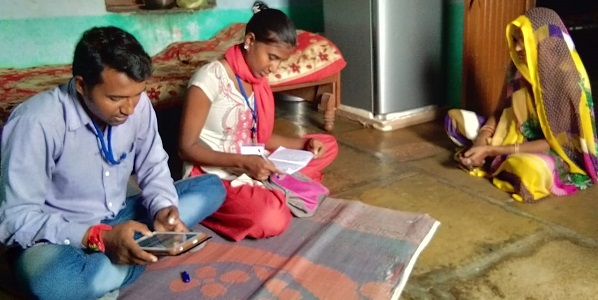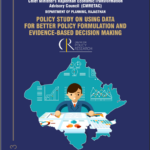
Seeing the rigor of Research firsthand
31 August 2018
Output of research projects are very often received with a generous dose of polarisation. Those who propound the very same ideas that the research project unearths, support it vigourously in a manner that disregards even glaring deficiencies in the study, and those who hold contrary opinions refuse to see any merit in the project while giving it a fresh coat of political colour. What is most unfortunate is that, in the process no one seeks to appreciate the academic rigour that goes behind any scientific inquiry.
If anything, this is the most profound lesson I have learnt spending a whole month interning at the Accountability Initiative. I joined at a time when they were intensely involved in designing a survey that they were going to use to ask front line workers questions about how the Integrated Child Development Services (ICDS), a Centrally Sponsored Scheme, delivers services and fund flows.
After working for many months in preparing a questionnaire, they spent days with their field team, analysing each and every question in detail, examining its context, relevance and in light of the kind of data a question of such a nature would help produce. Many more hours were spent deciding the best way to proceed with the survey and in arranging the logistics of the whole business.
Sitting through these days made me realise something that is often overlooked. Academic research isn’t all about the glamour of TV appearances or armchair opinion making. It is in the tedium of the minutiae, in the granularities of detail, that the true scientific spirit lies. For example, when questionnaires had to be prepared for different front line workers who were in charge of different organisational duties and responsibilities, the same questions had to be framed in a different fashion for each of them in a manner that reflected each worker’s role in the organisational hierarchy.
In a world incessantly focused on the lowest common denominators of life, this was a startling revelation. In all matters we expect the most condensed, bite-sized summary to be presented to us for our consumption. But the problem is that such a summary very often abstracts away the many complexities one expects to encounter in any scientific inquiry which hold the key to our understanding of phenomenon.
It was a great privilege to have witnessed up close all these tireless efforts and this experience made me understand something even broader in scope: That the pursuit or quest for the truth and the discipline it demands of its seeker is as important as the truth itself. Or to put it simply, how we design the survey and how we plan it are as important, if not even more important, than the final results we collect, collate and analyse.





